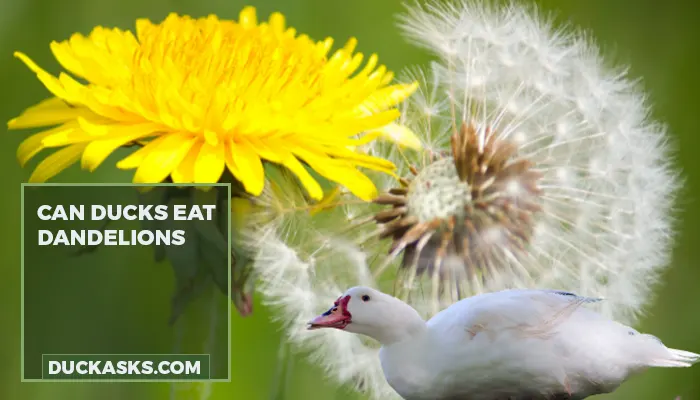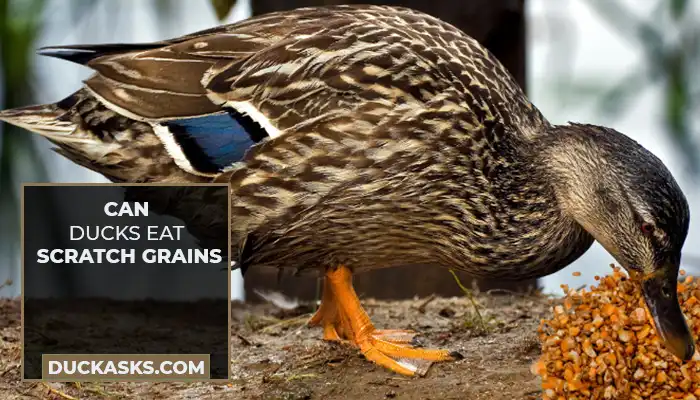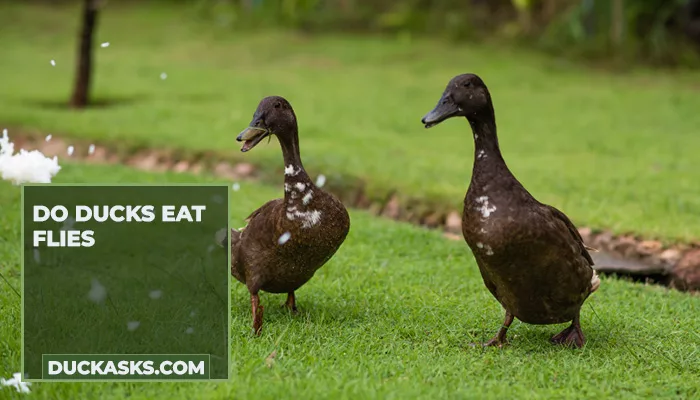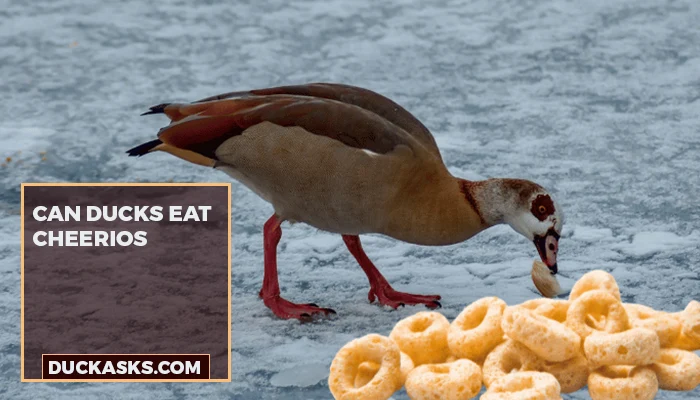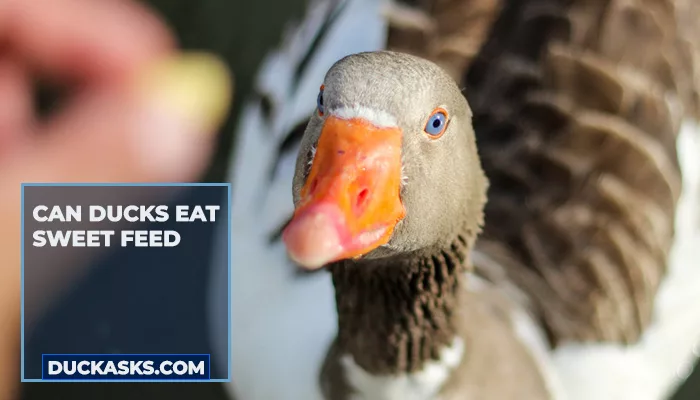Are Goldfish Crackers Ok For Ducks To Eat?
It’s a wonderful idea to give your ducks a treat every now and then. And Goldfish crackers might be your favorite, and your ducks, too, can grow some interest in eating them. Before you choose to treat your little waterfowl, you might wonder are Goldfish crackers Ok for ducks to eat or Can Ducks Eat Goldfish Crackers .
No, giving your ducks Goldfish crackers is not a good idea. That’s because Goldfish crackers are rich in salt, contain unsuitable fat, and don’t have any significant nutritional value. Ducks are meant to consume a minimal amount of salt and a lot of nutrition, and Goldfish crackers do neither.
So, what type of crackers are Ok for ducks? How often should you treat them with crackers? Keep reading to know all the answers.
Related article about ducks food:
Possible Reasons Why Ducks Shouldn’t Eat Goldfish Crackers?
There are some valid reasons why we ask you to avoid goldfish crackers in the case of ducks. To start with, consuming too many crackers can cause dehydration, lack of nutrition, aggressive behavior, and make the duck obese. Below are the reasons why your ducks shouldn’t eat Goldfish or any high-salt crackers:

Extra Salt
Since commercial food can fulfill all the nutritional requirements of ducks, the daily diet of your birds doesn’t need any added salt. Moreover, the excessive salt that goldfish crackers contain will be too much for ducks.
They might face health threats like digestive problems or stomach upsets due to excessive salt.
Little Nutritional Value
Crackers don’t offer any health benefits for your ducks. They don’t contain the necessary nutrients such as proteins, good fats, vitamins, and minerals that a duck would need to stay healthy. So, it’s better to avoid Goldfish crackers and ensure a balanced diet instead.
Might Cause Dehydration
Consuming salty Goldfish crackers will increase the amount of Sodium in your duck’s body. It will increase liquid absorption in the kidneys and make the duck thirsty. Extreme thirst can lead to dehydration, and your duck might fall sick.
Aggressive Behavior
The digestive system of your duck is sensitive. Excessive salt can irritate the duck’s stomach and promote aggressive behavior. So, make sure to choose salt-free or low-salt crackers to avoid such problems.
Obesity
As you might know, Goldfish crackers contain a considerable amount of bad fat. Sometimes, fillers are also added, that only increase calories without adding any nutritional value. Eating too much of these crackers can make the duck obese, which is not good for its health.
Would Salt-free Goldfish Crackers Be Healthy for Ducks?
Food items like crackers are deficient in nutritional value. In terms of results, they will often cause miseries like severe deformities or malnutrition. They contain more salt than regular crackers, which does more harm than good to your birdies.
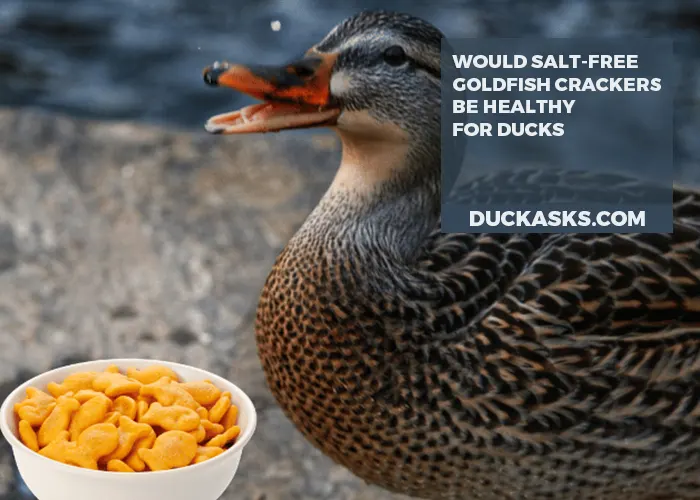
However, till now, no Goldfish cracker has been launched that’s salt-free. But if you find one, there are some benefits the cracker would come with. For example:
- Salt-free crackers would also be calorie-free, which is the best option for ducks since eating heavy-calorie foods is not good for ducks. Thus, salt-free Goldfish crackers would be the ideal snack for ducks.
- High-quality fibers are undoubtedly one of the best nutrition for ducks. They are a vital part of a duck’s healthy diet and give the feeling of a full stomach. So, salt-free Goldfish crackers would be the finest fiber source for your duck.
- Crackers are undoubtedly an energetic food item for ducks. They contain carbohydrates and fats that provide immense energy to your duck.
How to Prevent Ducks from Eating Your Crackers?
Ducks can come as serious concerns while trying to have a peaceful cracker party by yourself. These little pals tend to be attracted to salty crackers, but it affects their health pretty severely. So, here are some tips to stop them from reaching the crackers:
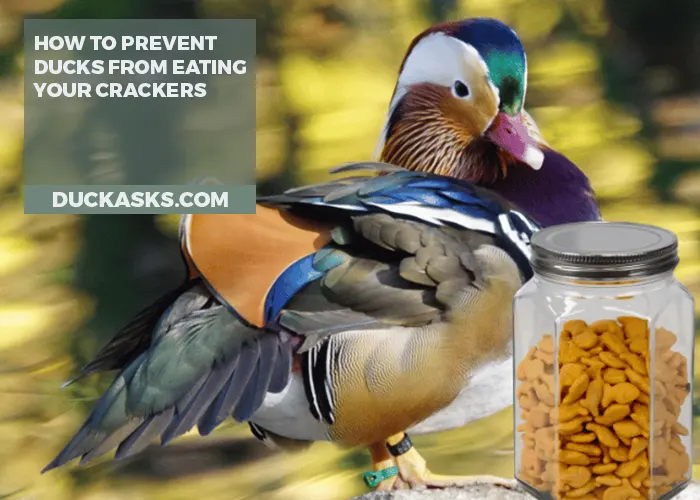
- Try choosing an area where they don’t come frequently. Similarly, avoid their favourite regions as much as possible to save your crackers and their health. You can also lock the doors to hide from your ducks but make sure they remain safe in your absence.
- Prepare a comfortable yet fast hiding spot to hide your crackers when there’s a duck nearby.
- Take out your crackers in a simple bowl. Get rid of that shiny packet before settling with your crackers because ducks become easily attracted to shiny things.
How Often Should I Treat My Ducks with Crackers?
Feeding crackers to ducks regularly isn’t an option. It’s neither healthy nor affordable. Plus, that amount of salt as a meal would destroy your duck’s digestive system.

But if you feel like your ducks need to catch up in the case of regular salt requirements, or simply your ducks love goldfish crackers, then it can be an occasional treat to reverse that. But make sure you go with a minimal amount (less than 10% of their daily diet).
Why It’s Not Wise to Give Crackers to Baby Ducks?
Baby ducks can eat crackers, but it’s hazardous for their health. It affects the baby ducks more than it does the grown ones. Here’s why:
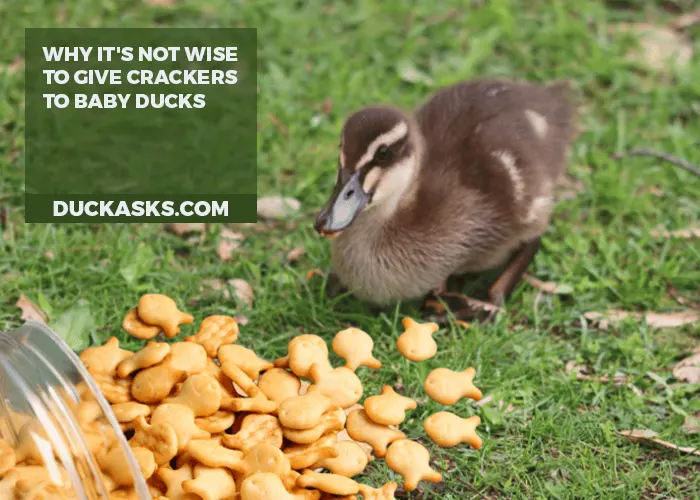
- Crackers cause malnutrition since they come with a lot of salt but a very small amount of nutrients. Moreover, the extra salt causes digestive problems.
- It is highly responsible for upsetting a baby duck’s stomach.
- Crackers offer very little nutrition; in exchange, they draw a lot of nutrients from the duck’s fragile body.
- These increase the weight of a duck and make it fat negatively. It’s risky for the duck because being fat by crackers causes serious hampers like heart disease.
- Crackers are like an obsession for the ducks. They become dependent on the crackers the more they take those.
Thus, it is nearly impossible for them to leave this habit once they get used to them, and unfortunately, baby ducks get stuck with crackers more quickly. So, they shouldn’t eat crackers.
Is There Any Right Way of Feeding Crackers to Ducks?
Yes, there is. First of all, you need to choose salt-free, low-calorie crackers. As ducks don’t have teeth to crush food, feeding them with full-sized crackers will be difficult. Besides, crackers are pretty dry, which might create problems while digesting.
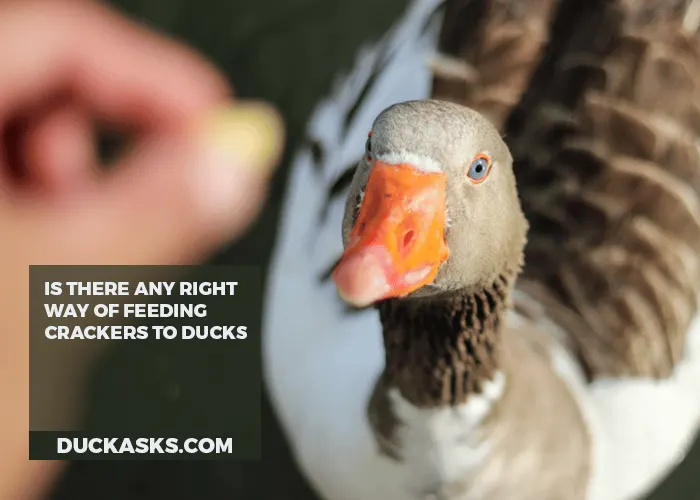
So, you need to take small pieces of crackers and mix them with sufficient water before feeding them to your ducks. Also, give only a small amount of moisture crackers at a time, as the ducks might develop a special liking for such high-sugar food.
Frequently Asked Questions
What are crackers mostly made of?
Crackers are mostly made of flour and dough. To add some flavor to it, salt, sugar, herbs, fat, and cheese are also added to the recipe.
Is cracker junk food?
Crackers are junk foods because they contain a high level of Sodium and a low range of fiber. This high-calorie food includes sugar and bad fat, which may cause severe health problems in the long run.
Do crackers gain weight in ducks?
Crackers don’t gain or lose weight in ducks if they are less salty and are occasionally taken. But they can be harmful if consumed daily.
Wrapping Up!
So, are Goldfish crackers Ok for ducks to eat? In a word, No! In this write-up, we’ve tried to break down every significant factor regarding feeding your ducks Goldfish and other crackers.
Now you shouldn’t face any problem next time you consider goldfish crackers as a duck food option. Choose salt-free crackers and feed them occasionally after mixing water. If you have any more queries, let us know.
Also, if you liked the blog, consider sharing it and staying connected with us on Facebook, Twitter, & Pinterest. Good luck!
Images Credit: canva.com/photos
Article References:
- Bakerpedia.com/processes/crackers/
- Friscolibrary.com/blogs/post/the-dos-and-donts-of-feeding-ducks/


